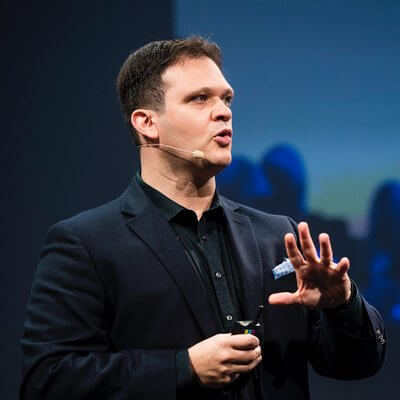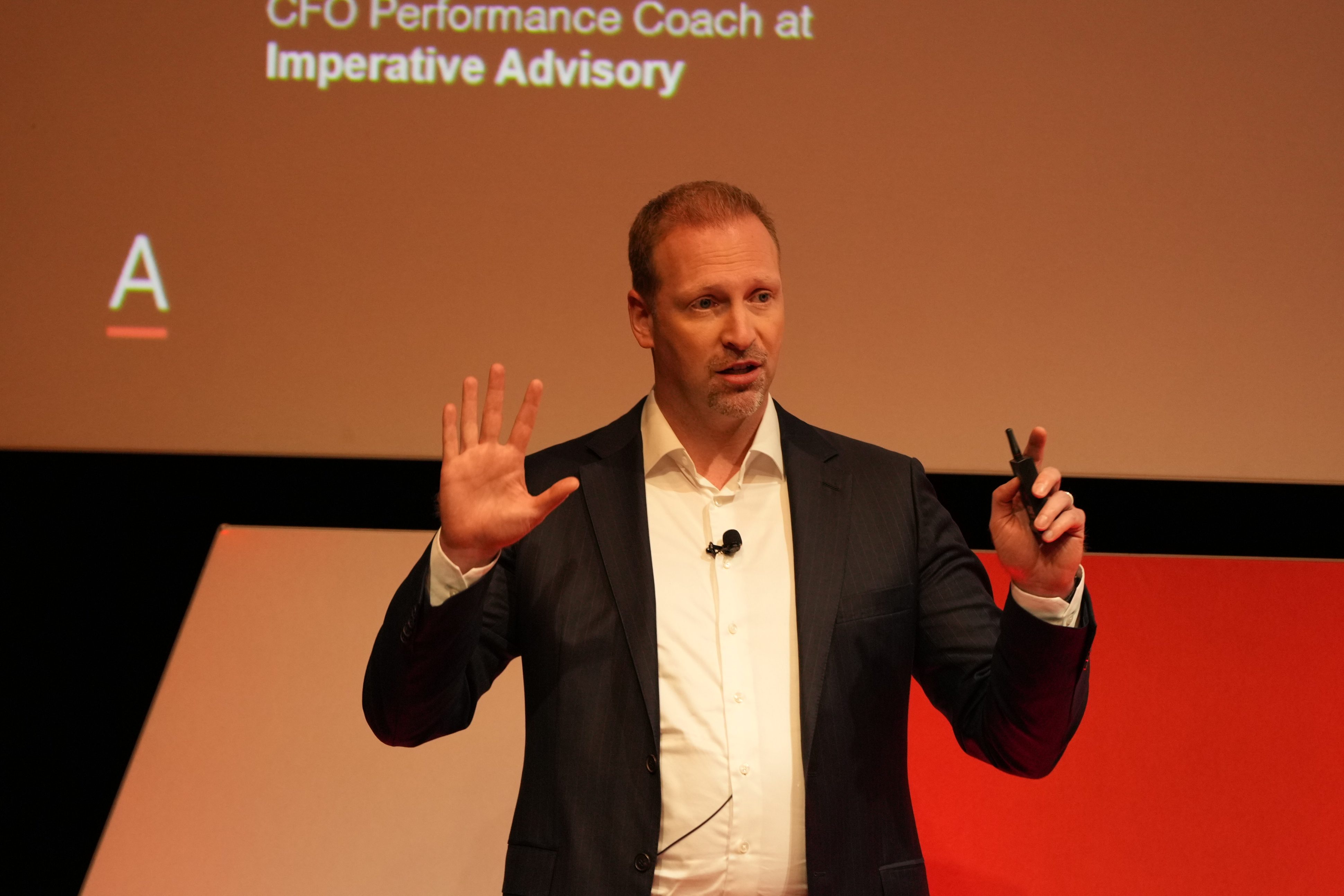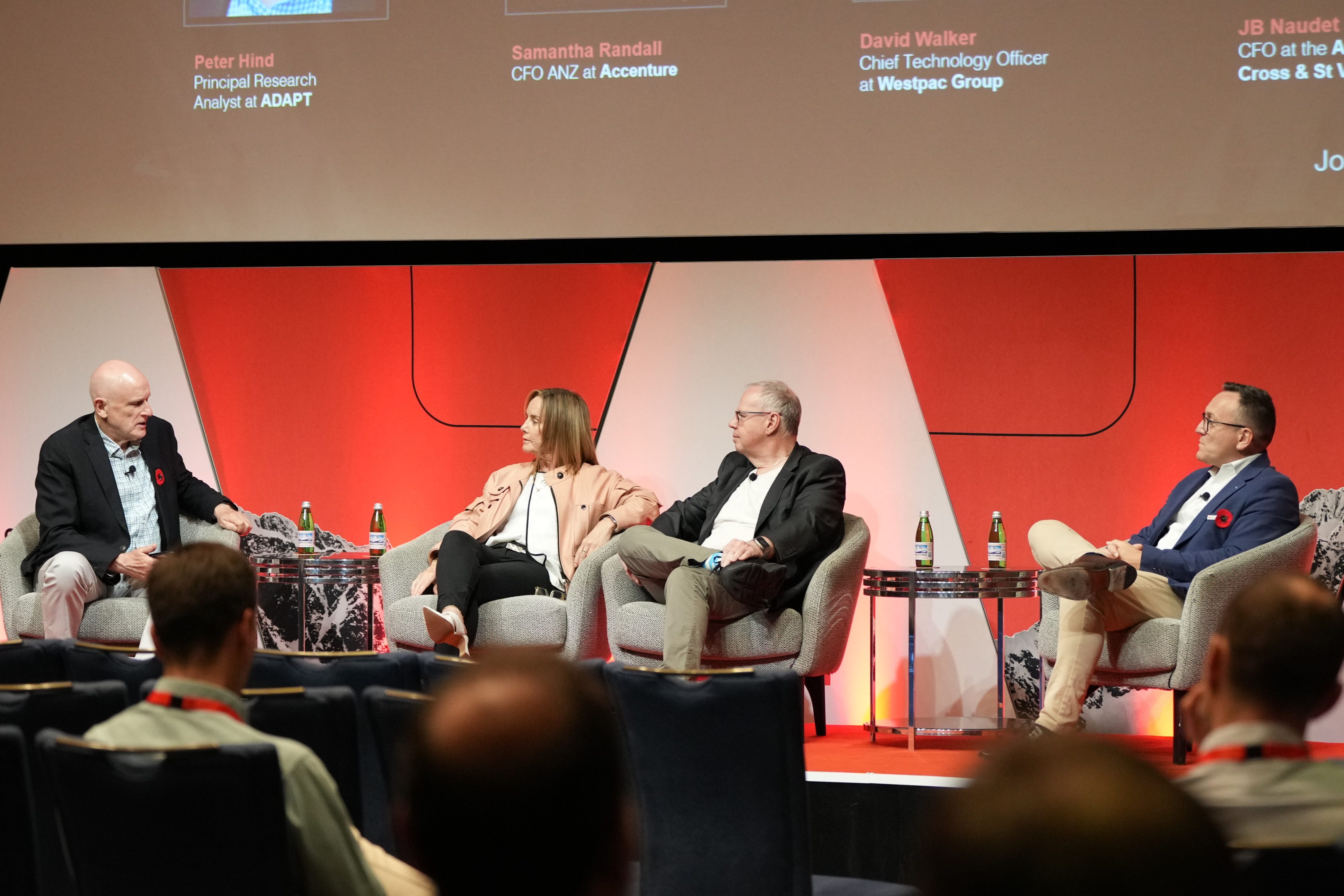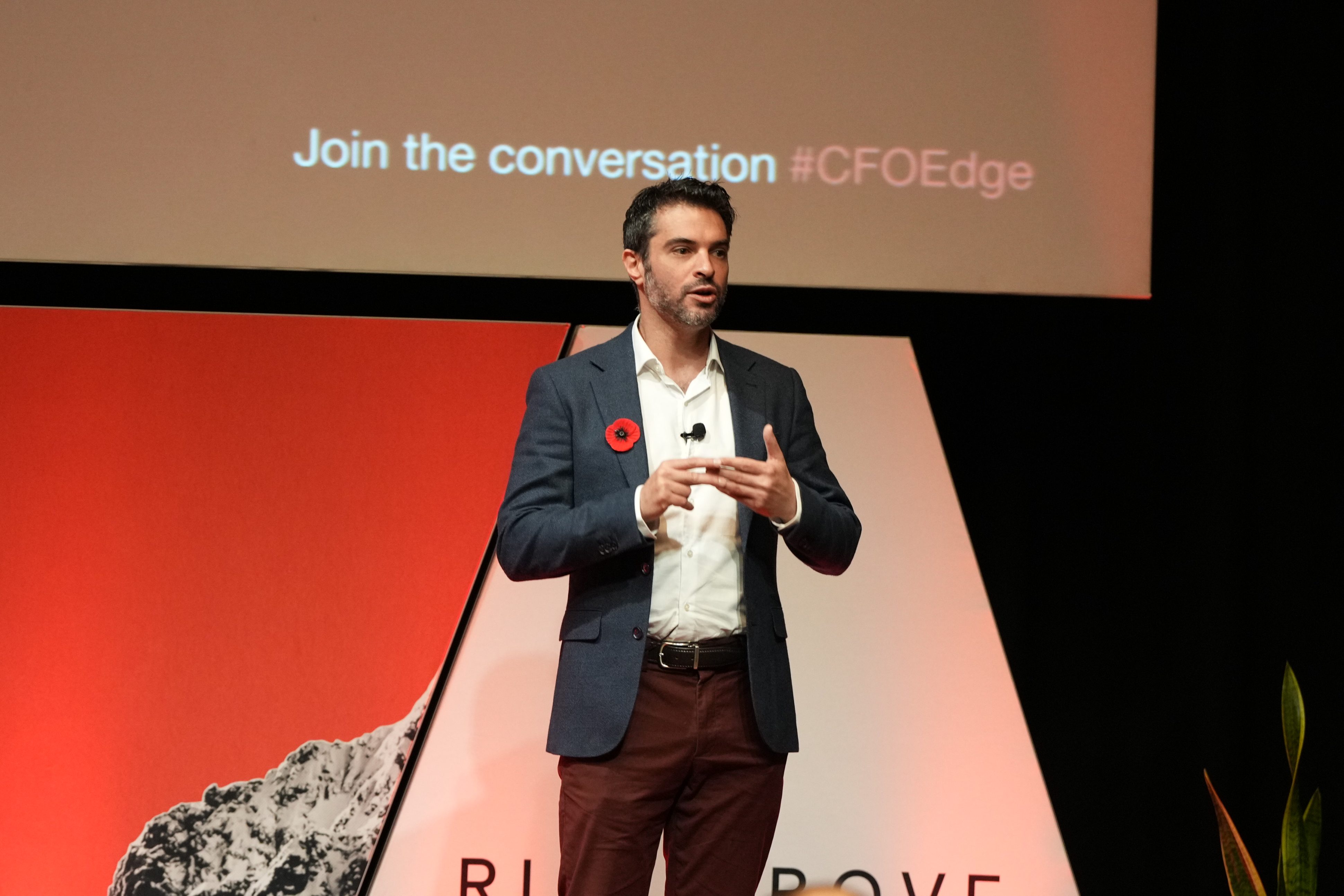How The Pandemic Has Worsened The Effects of Fractured Globalisation
Harvard University’s Professor of Business and Economics, Mark Esposito, explores how the pandemic has accelerated the fracturing of globalisation and how technology leaders can grasp the unique opportunities that lie ahead.Leaders who do not make a comprehensive effort to foresee what lies ahead for their businesses will have little opportunity to ward off the consequences of platformisation, the socio-economic impacts from the pandemic, and other major structural change forces.
As humans rely on a healthy and interdependent ecosystem for their long-term prosperity, the new economy cannot continue to thrive if it leaves behind the tens of millions of businesses and workers who build the core of national and global productivity.
In his presentation at ADAPT’s Digital Edge, Harvard University’s Professor of Business and Economics, Mark Esposito, explores how the pandemic has accelerated the fracturing of globalisation and how technology leaders can grasp the unique opportunities that lie ahead.
To unlock the full keynote video and access an entire catalogue of ADAPT’s expert presentations, localised research, case studies, downloadable data and community interviews, speak with a Senior Research Consultant today.
Transcription:
We’ll start from this quite interesting overview on the pre-COVID challenges that we had already in the past.
I want to emphasise that sometimes we think about some of the problems we face as directly connected with this global pandemic, creating so much shock worldwide.
Many of the trends were existent already before; they were not accelerated and amplified as much as before.
I think COVID has been, as I will call it several times in this conversation, most likely an echo chamber that has amplified this. It hasn’t created any of the problems you see here.
From the increasing pressure on the equality that is today becoming more and more of a conversation.
The waves of exclusion that we have in the world are a story that started at least 40 years ago and is a combination of public policy that were never meant to be bad but eventually supported an increase in the gap.”
It goes into the fact that those who have access are a small minority compared to those who do not have access. That can be applied to many different things.
It goes into the conversation related to the change of global power around the world.
You start realising in Australia, as much as we realise in the United States, that the world is changing towards a different order.
We don’t necessarily know whether the order is encapsulated by the concept of China within or whether it’s about a duopoly between the US and China. We don’t know whether new players will eventually rise or whether we’re completely wrong.
We haven’t seen the real underpinnings. We do feel that somehow the global institutions are becoming weaker.
Look at how regionalised you currently are, and how regionalised some parts of the world have become.
This is reflected in the whole in terms of geopolitics, be reflected in terms of trade, in terms of mobility. There’s been a trend that had started already before that went to the extreme in the last few months.
We do have a climate that is asking for severe dictation and restoration.
Climate restoration is adding $7 trillion to the global GDP, which is a significant amount of capital that is now being injected into the economy because we are trying to mitigate the impacts of climate.”
More is needed. Climate change is a story that we had seen several years back.
Back in Switzerland 2020, while I was talking with you, Yuval Noah Harari, quite renowned Author of Homosapiens, was sharing with me that when he first talked about climate change, the conversation could have been addressed with a relatively small price of every single nation transforming production into more green production.
Today, the conversation is difficult to achieve with a small part of our GDP. The conversation in many parts of the world is still polarised. We have to imagine this was simply a matter of time before the problem became even more visible.
Today we’ll talk about technology. You are stakeholders of technology solutions. You think of technology not only as a means to an end but much more than that.
Technology has accelerated massive progress and equally created massive disruptions.
To this day, my biggest concern is the small-medium enterprises around the world that fill the digital gap.”
They don’t necessarily know whether digitally transforming is possible, whether that transformation altogether is a buzzword, and whether it really can be done.
I have co-founded an artificial intelligence company, and I have seen the prohibitive costs of running AI. Those costs for many parts of the world are still far from being implemented into the bottom lines.
How do we integrate the conversation of technology? I think it’s something that started back in time. COVID gave a spotlight that we are utilising today, but the conundrum is still there.
The global economy before COVID was moving to some form of really slow appetite; growth was still definitely there. As we’ll see later in the presentation, a government policy hasn’t necessarily fixed all of this.
Where will we go from there? Add into the last two conversations as we’re setting the contest together, the working-age, population and wealthy country are becoming older.
Productivity, in some instances, is becoming compromised. We do have a fertility crisis around the world, and we do have asymmetrical distribution in with some regions are simply becoming smaller and geopolitically equally less consequential.
Other regions are growing at a swift pace. If I tell you which country will rise by roughly 50 million in the next nine years, the answer would be Nigeria.
At the same time, we expect countries like the UK, France, Italy or Japan to keep on losing population because of this gap between the elderly versus the number of children born.
Finally, as an educator, I can tell you firsthand that education is not entirely serving its stakeholders in the right way or its constituents. We do have to change the way we’re closing the skill gaps drastically.
We estimate roughly that by 2025, the skillset required in the workplace will be 35% different from what we have right now.”
If we expand in the conversation a bit more into the future by integrating the idea of how technology will change the nature of jobs, we expect that by 2035, roughly 65% of current jobs will not exist.
We are, ladies and gentlemen, right in the wake of one of the biggest transformations that started already before and was merely accelerated throughout the last two months and is barely moving into its next phase of development.
To unlock the full keynote video and access an entire catalogue of ADAPT’s expert presentations, localised research, case studies, downloadable data and community interviews, speak with a Senior Research Consultant today.





























